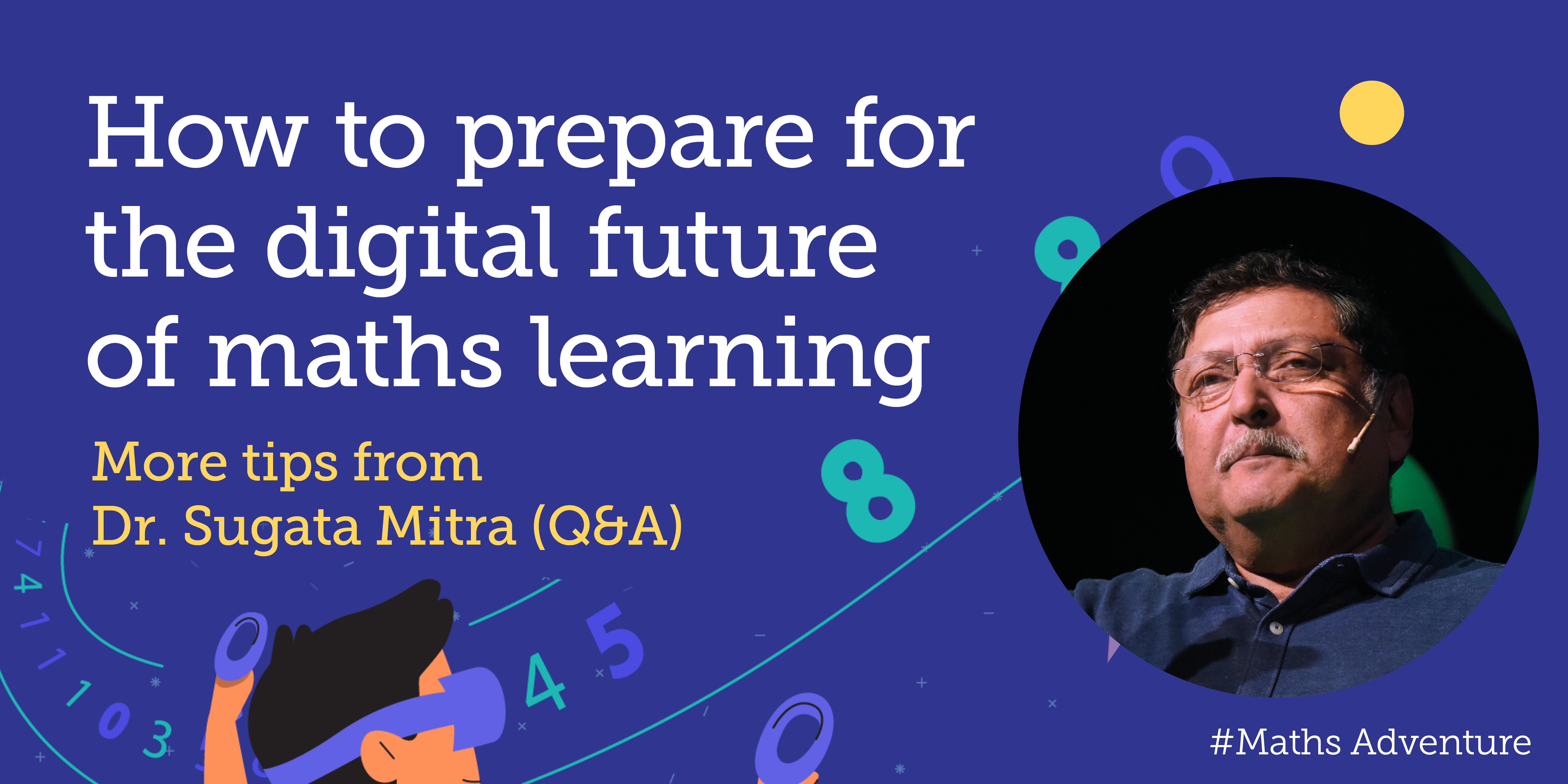
Award winning educational researcher, Dr. Sugata Mitra provides tips on how teachers can prepare for the digital future of maths learning in this exclusive Q&A piece.
Read more
Award winning educational researcher, Dr. Sugata Mitra provides tips on how teachers can prepare for the digital future of maths learning in this exclusive Q&A piece.
Read more